
|
 |
 |
|
 |
A strong positive mental attitude will create more miracles than any wonder drug, Patricia Neal.
1 out of 4 teens reports having misused or abused a prescription drug, The Medicine Abuse Project.
More than one quarter of adolescents drank alcohol, approximately one fifth used an illicit drug, and almost one eighth smoked cigarettes, Samhsa. “One out of five students in America has used an inhalant to get high by the time he or she reaches the eighth grade,” Inhalant Abuse Info NIPC National Inhalant Prevention Coalition.
Drugs are substances which change the normal functioning of our body and mind, the way we feel, think, react, or behave.
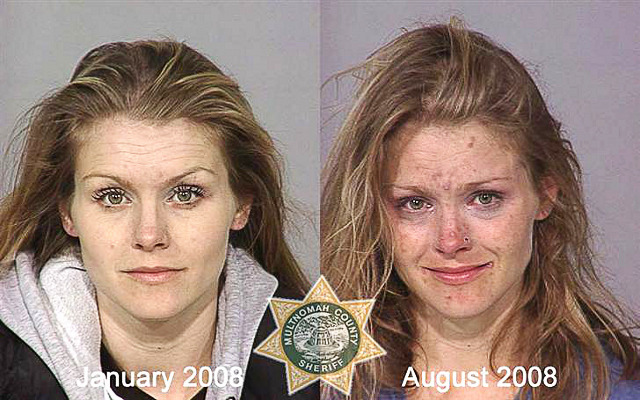
Drugs can be classified according to various criteria:
Stimulants, such as cocaine, caffeine, and amphetamine, speed up the nervous system, they make you feel less tired, more energetic, refreshed, and even focused. They may increase your confidence, and you are more likely to feel good, experience pleasure, euphoria, and a sense of well being. What happens after the drugs wear off? People experience a “crash” which includes feeling exhausted, less energetic, sad, depressed, agitated, and a strong craving for more of it.
On the other hand, depressants, such as alcohol, heroin, and morphine, inhibit the central nervous system’s function. They reduce brain activity and awareness, they also relieve stress and pain, make you feel relaxed and chilled out. In the long term, they lessen your ability to deal with stress without them. Futhermore, they produce anxiety, insomnia, impair judgment, decrease inhibitions, and cause liver and brain damage.
Hallucinogens are drugs that cause hallucinations, they distort the way you perceive reality. They make you see distorted images, feel things and hear voices that aren’t real, they completely distort your interpretation of what’s going on (reality). Examples of these types of drugs are LSD and ecstasy.
Legal drugs are those that can be legally sold, bought, possessed, and used. They are readily available (caffeine), but typically some restrictions apply (alcohol, tobacco). Medicines are also drugs prescribed by doctors that help us feel better when we are sick and have some medical function.
Illegal drugs are those controlled or banned by the government. They are more expensive and have no guarantee whatsoever. Drug traffickers commit violent crimes, such as homicides, murders, armed robberies, and assaults, they terrorize neighborhoods, and obviously cannot be trusted.
More importantly, it is impossible to know if the drug being sold is adulterated with harmful substances to increase the profits of drug dealers and its degree of purity or concentration so you take on the risk of an overdose each time you consume them.
There are consumed for many reasons. Some reasons are out of curiosity, to feel good or pleasure, to have new experiences, to reduce stress and relax, to have some fun, to fit in (social influence) and feel older. For instance, bad influences from colleagues and friends because “everyone does it” and we all want or need to feel accepted and integrated in our groups; parents also influence their children’s choices regarding drugs; and the media which sometimes portrays drugs as fun, making us look good and mature, and helping us to feel good.
There are also people who consume drugs to escape from their harsh reality, to relieve stress and anxiety, to overcome their lack of confidence and shyness. Drug addicts take them because they can no longer live without them and some men push girls and teenagers to drink alcohol or take drugs in order to have sex.
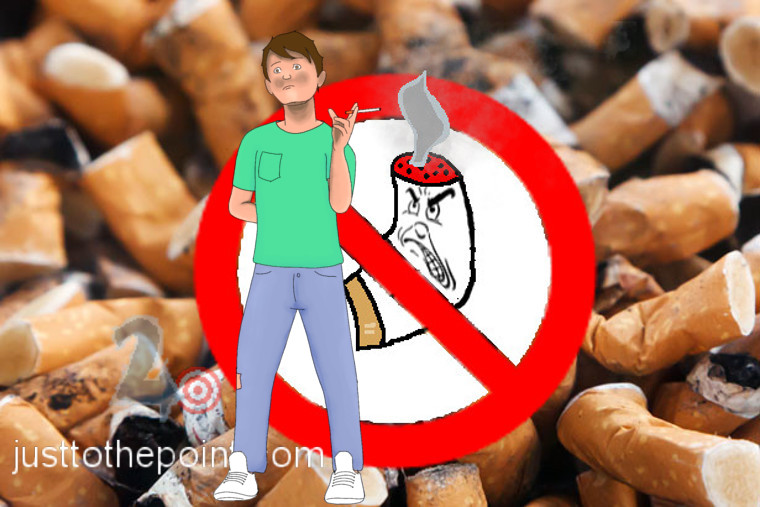
Tobacco kills nearly 6 million people each year. More than five million of those deaths are the result of direct tobacco use while more than 600 000 are the result of non-smokers being exposed to second-hand smoke, World Health Organization.
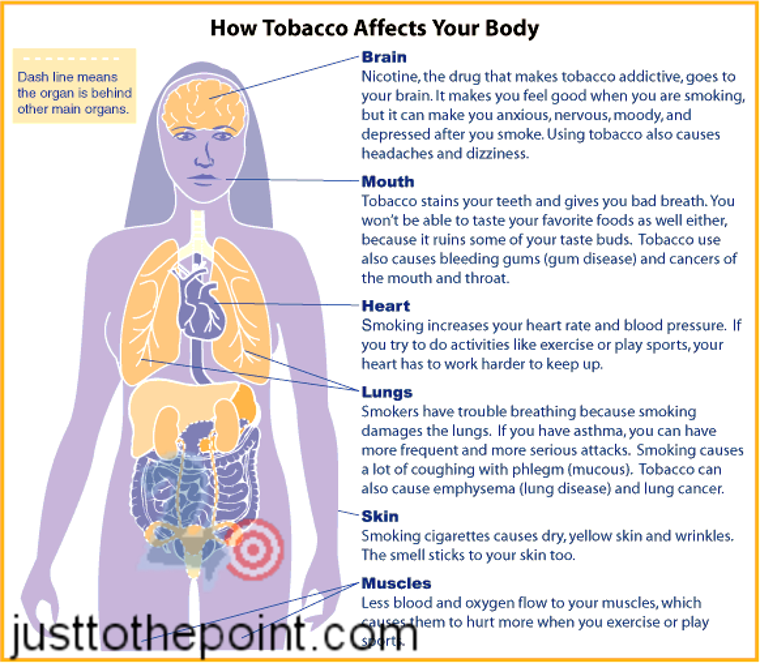
Cocaine is known to cause myocardial infarction, cerebral hemorrhage, thrombosis, insomnia, paranoia, hallucinations, psychosis, mood changes, irritability, aggressiveness, anxiety, depression, mood swings, etc.
The use of “dirty” or shared needles when injecting heroin helps to spread deadly infectious diseases, such as HIV and hepatitis. Heroin abuse is associated with a number of serious health conditions, including fatal overdose, spontaneous abortion […] Chronic users may develop collapsed veins, infection of the heart lining and valves, abscesses, constipation and gastrointestinal cramping, and liver or kidney disease, National Institute on Drug Abuse.
Ecstasy is linked to depression, psychotic breakdowns, insomnia, severe craving, agitation, panic attacks, aggressiveness, and hallucinations.
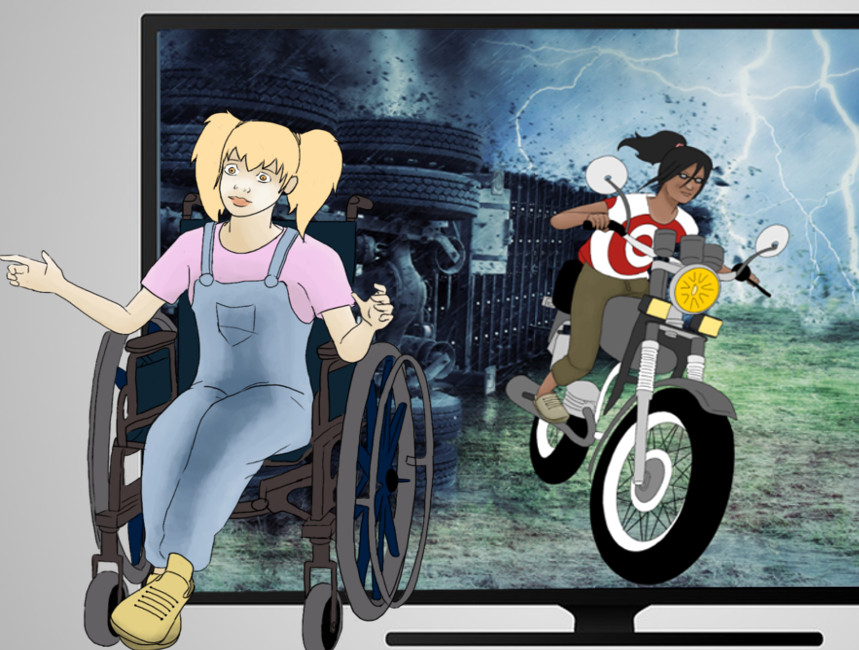

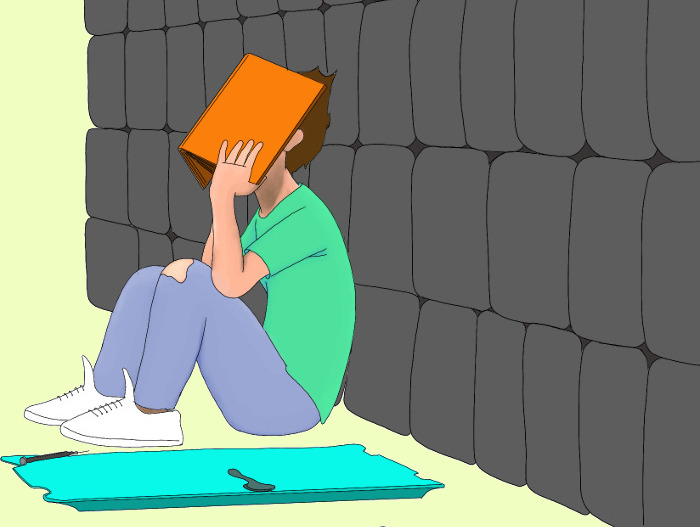

Parents should intervene by: